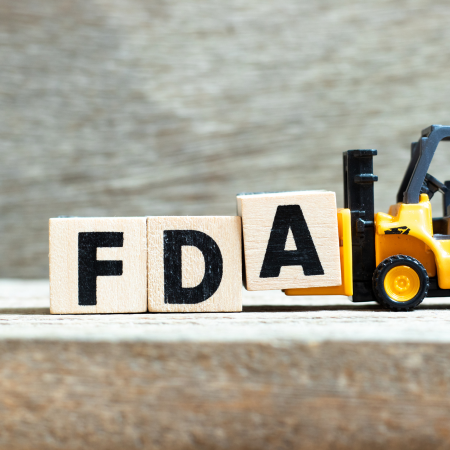The Food and Drug Administration (FDA) doesn’t approve dietary supplements. Unlike pharmaceuticals, which need FDA approval, the FDA is not authorized to approve dietary supplements for safety and effectiveness.
Do you find it surprising that most consumers don’t know that?
The FDA can take legal action against any adulterated or misbranded dietary supplement in the marketplace, and dietary supplement marketing is regulated by the Federal Trade Commission (FTC). Even so, a large percentage of the general public believes that the dietary supplement industry is entirely unregulated. In a retail environment where dietary supplement sales are driven by 5-star customer reviews, this quote from Arthur Schopenhauer is relevant, “he who writes for fools always finds a large public“. Customer reviews are meaningless when it comes to dietary supplement safety, quality and effectiveness. Consumers should be seeking out dietary supplements that are 3rd party lab tested, with clinically substantiated structure/function claims.
The FDA’s Office of Dietary Supplements (ODS) has compiled resources for consumers, including what they consider to be “important information about how to evaluate information on the internet, where to find supplement safety alerts and advisories, and how to report adverse events” however the ODS fails to mention that the FDA regulates both finished dietary supplement products and dietary ingredients under a different set of regulations than those covering “conventional” foods and drug products. Under the Dietary Supplement Health and Education Act of 1994 (DSHEA): cGMP, QC QA and that the best dietary supplements are 3rd party laboratory tested with structure/function marketing claims that are substantiated via clinical trials.
Dietary supplement companies must ensure their products are safe and comply with labeling and quality requirements, such as current Good Manufacturing Practices (cGMP), and the FDA can and does inspect manufacturing and packaging facilities for compliance as well as monitoring adverse event reports. The FDA can take legal action against any adulterated or misbranded dietary supplement in the marketplace.
Dietary supplement marketing is regulated by the Federal Trade Commission (FTC). In December 2022, the FTC issued an updated guidance document entitled Health Products Compliance Guidance, reiterating that health benefit claims must be substantiated by “competent and reliable scientific evidence.”
- FTC defines “competent and reliable scientific evidence” to mean “tests, analyses, research, or studies that (1) have been conducted and evaluated in an objective manner by experts in the relevant disease, condition, or function to which the representation relates; and (2) are generally accepted in the profession to yield accurate and reliable results.”
As an industry it is critical that we all know what “competent and reliable scientific evidence” means and perhaps more importantly, how to utilize it in every step of product development from ideation to developing accurate claims. We need to do better, and to hold ourselves and each other accountable. One way to achieve this would be to involve retailers by suggesting that they require that brands provide substantiation for any and all dietary supplement marketing claims.
